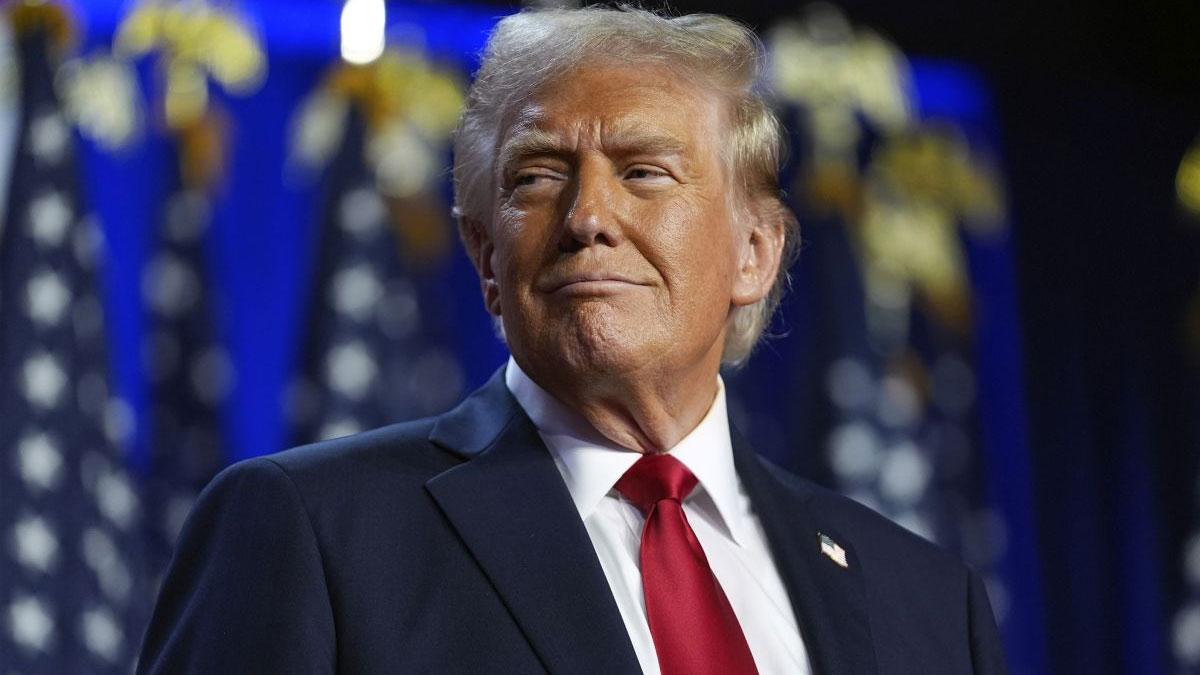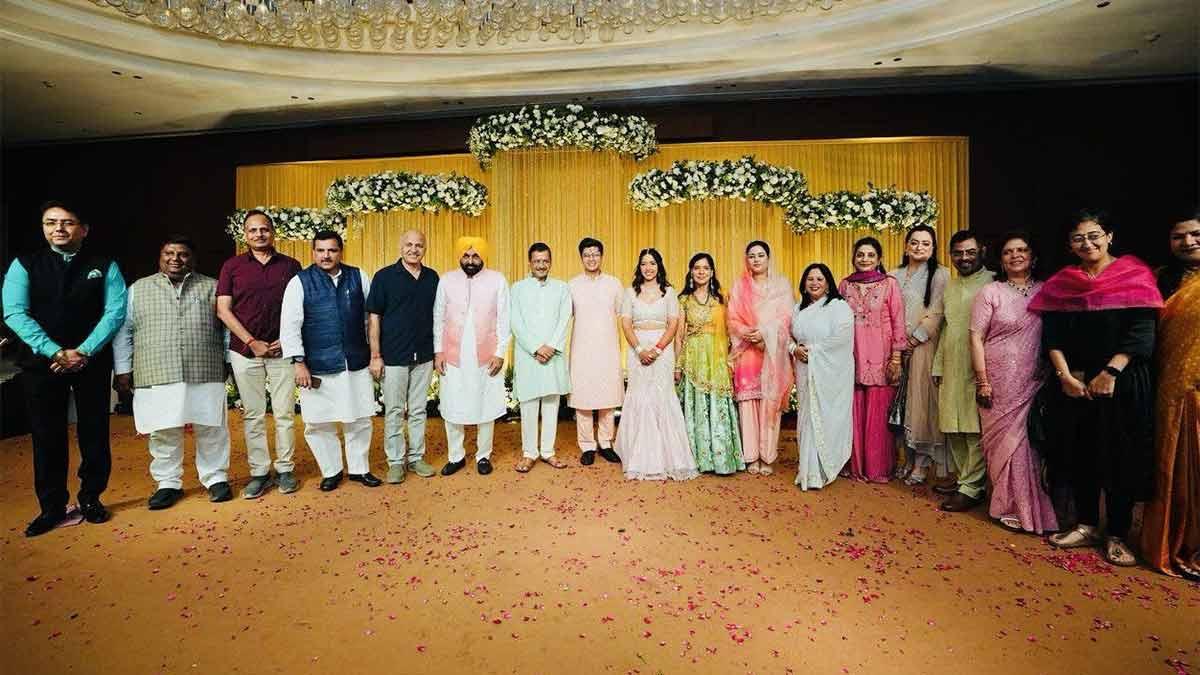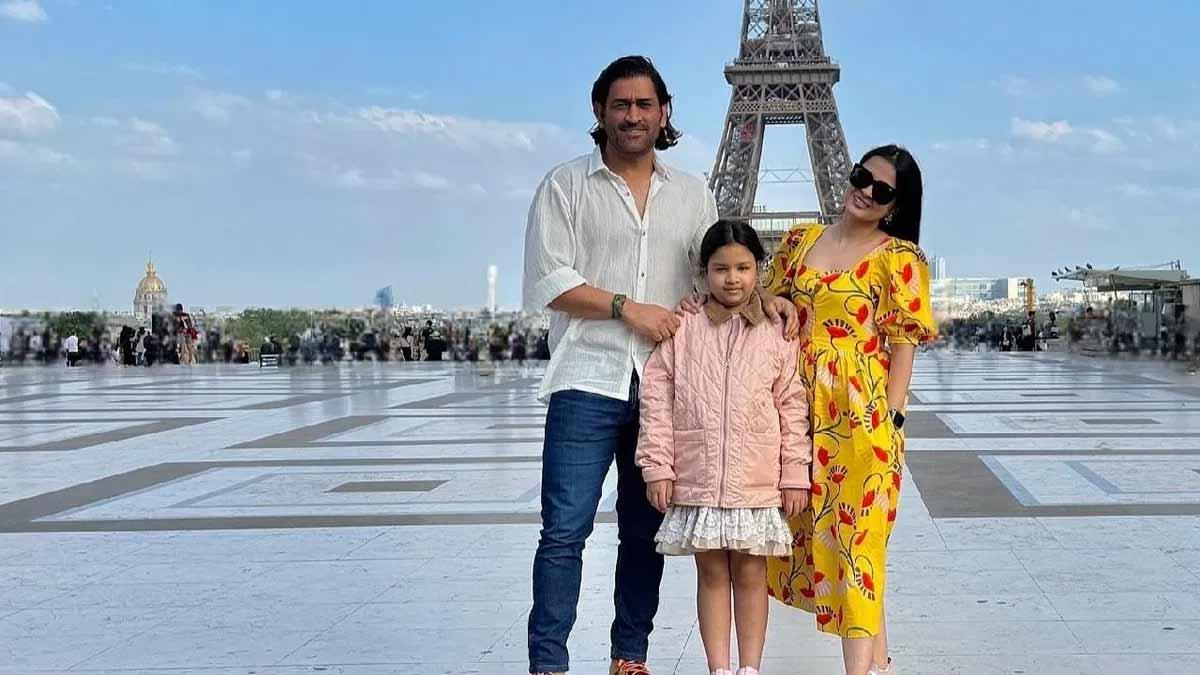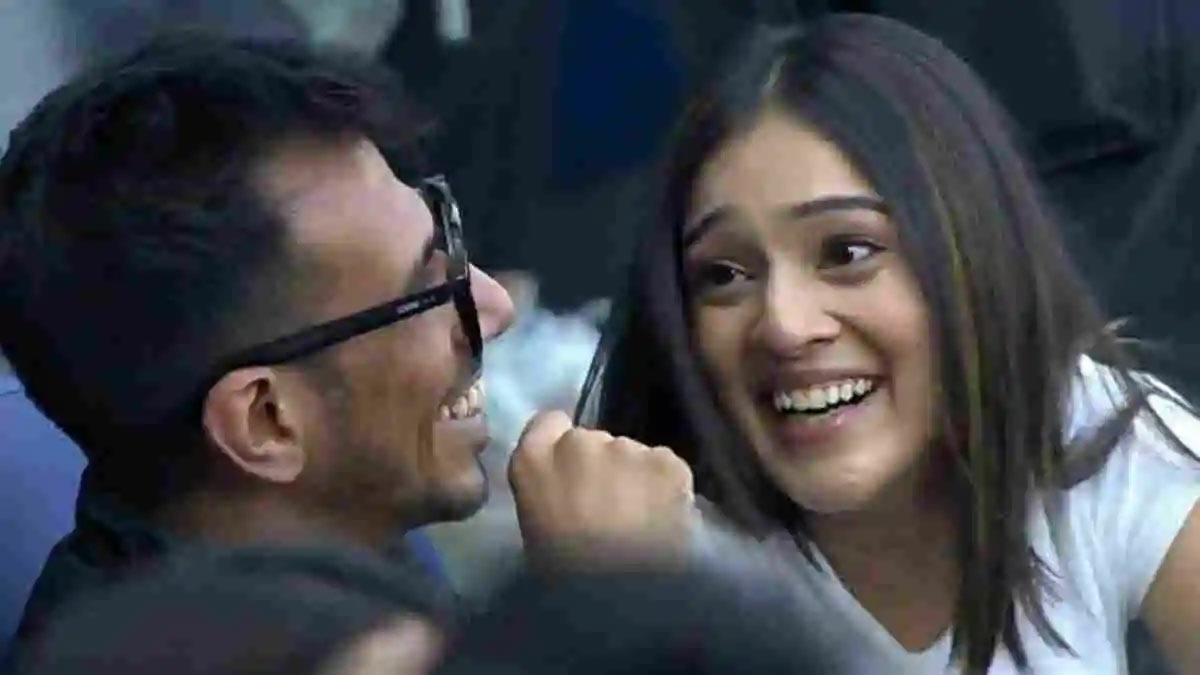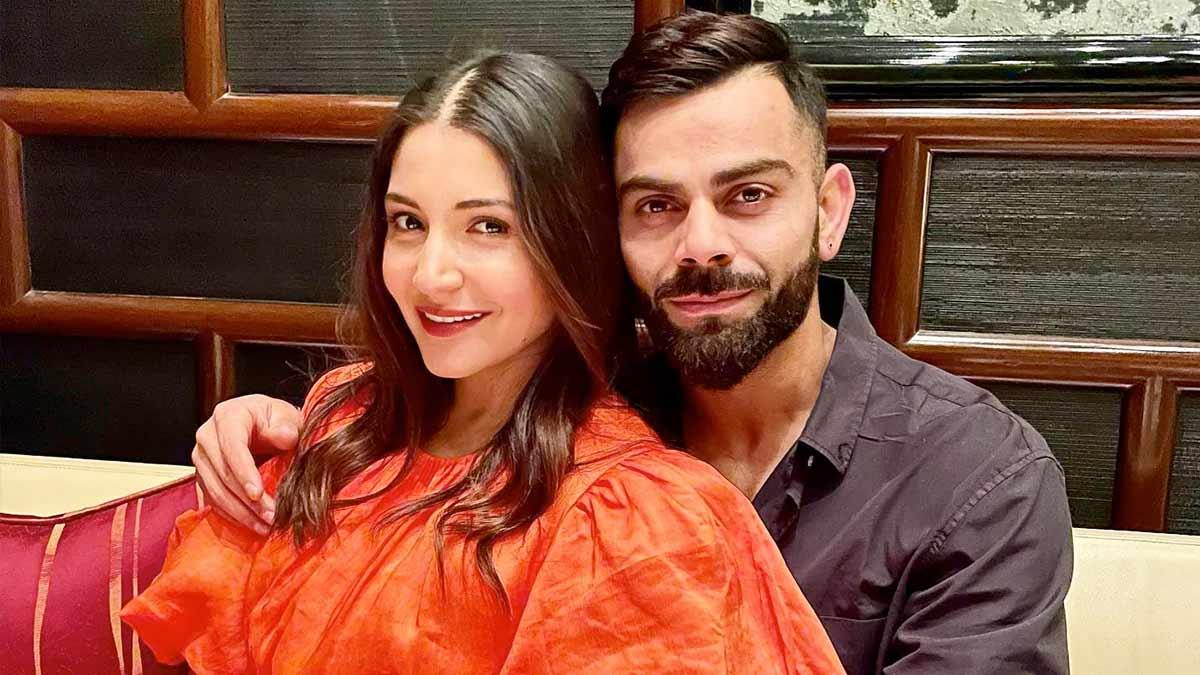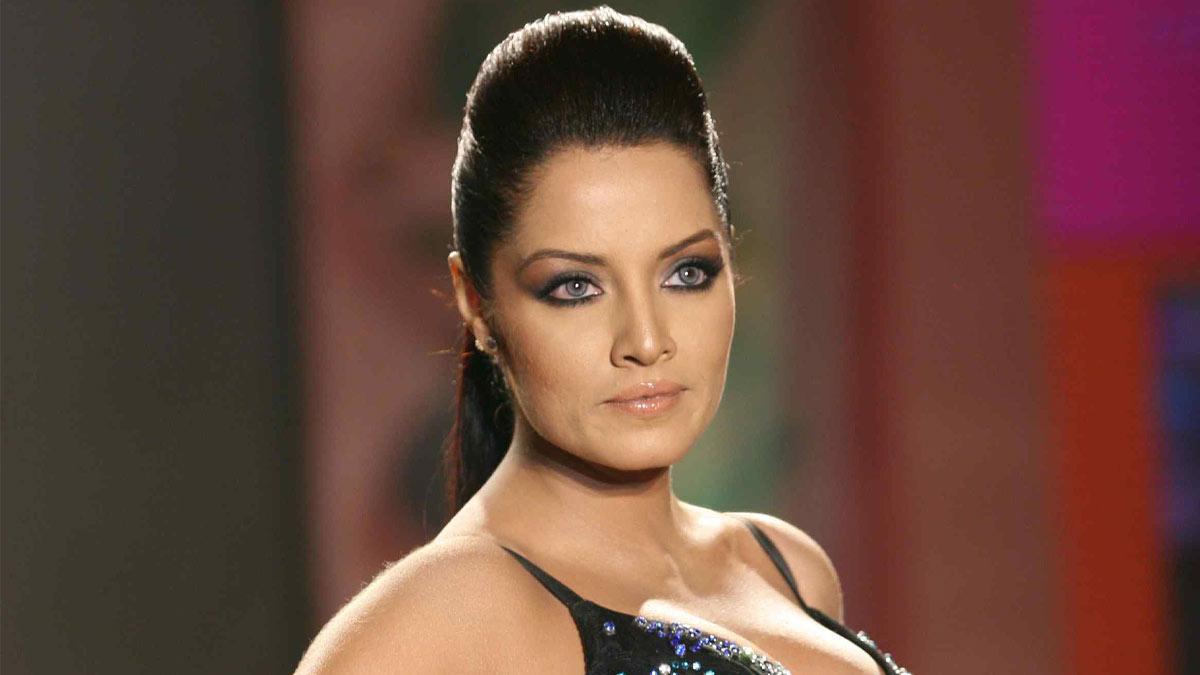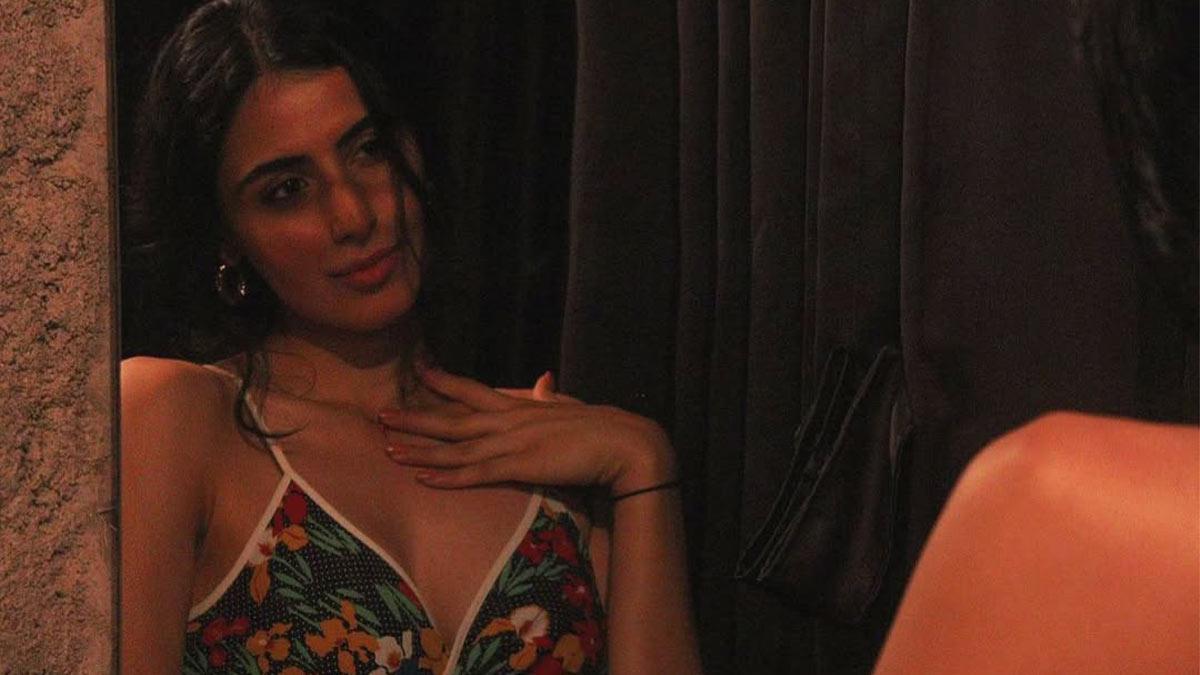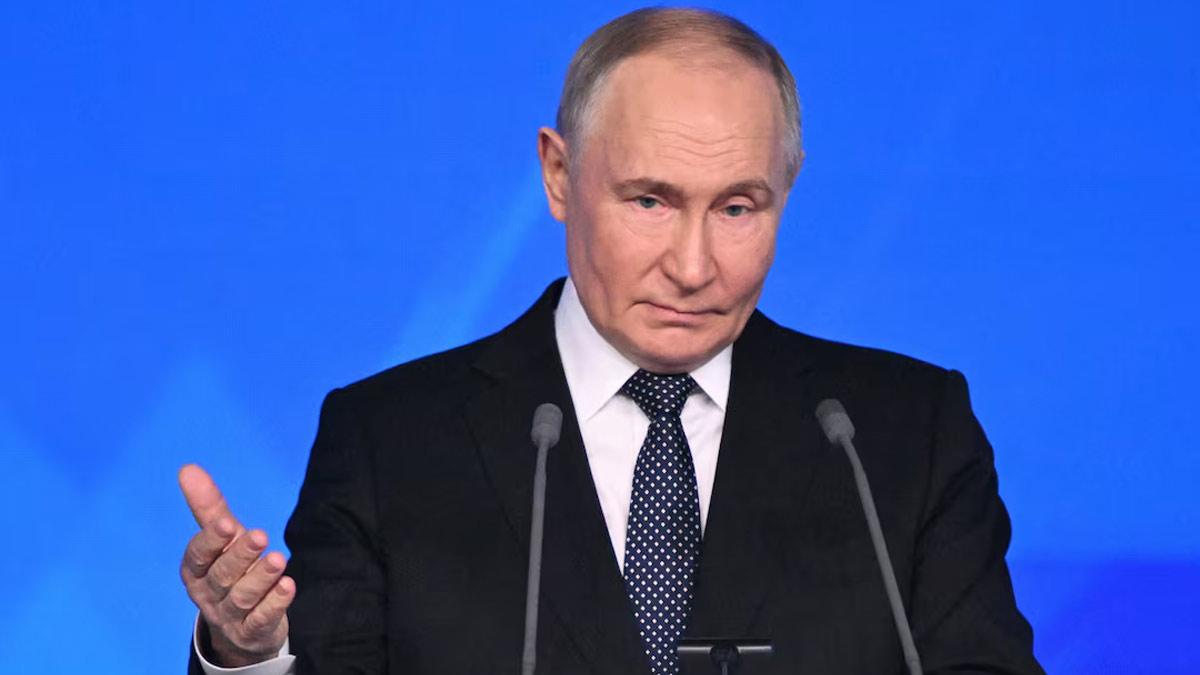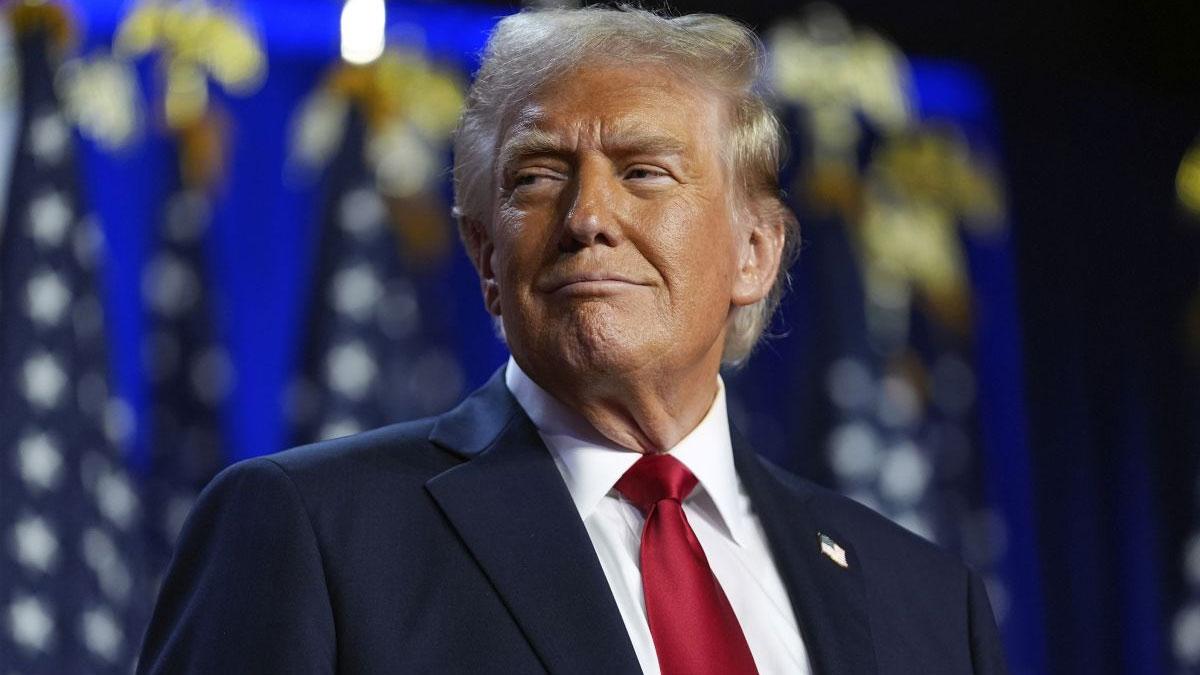According to a legal document filed on Friday by John Sauer, whom Trump nominated to serve as Solicitor General, an official whose offices typically handle the representation of the US government in appellate courts such as the Supreme Court, US President-elect Donald Trump has called for the Supreme Court to delay the TikTok ban in order to allow time for a negotiated solution.
The document states that Trump is against the immediate ban of TikTok in the United States and hopes to resolve the issue through political means after taking office.
Trump is a good negotiator, and he has the political will to reach a solution through talks, one that would address the government's national security concerns while saving the platform.
Trump has recently said that he might allow TikTok to operate in the United States, according to Xinhua news agency.
Speaking at a Turning Point USA event hosted in Phoenix, Arizona on Sunday, Trump said the popular video-sharing app might have aided him in connecting with some crucial voters during the presidential election and voiced the possibility of keeping TikTok around "for a little while."
In April, US President Joe Biden enacted the law that gives ByteDance only 270 days to sell TikTok, citing unfounded national security concerns. In the event that the company is unable to comply, the law will force the app store operators, like Apple and Google, to remove TikTok from their platforms.
In May, TikTok sued the US government for blocking the possible ban. The move has received public outcry.
On early December, the US Court of Appeals in Washington dismissed TikTok's argument that the ban is unconstitutional. On December 16, TikTok and its parent company, ByteDance, requested the Supreme Court to stay the law for the time being.
TikTok argued that the potential ban would shutter one of America's most popular speech platforms the day before a presidential inauguration and "silence the speech of Applicants and the many Americans who use the platform to communicate about politics, commerce, arts, and other matters of public concern."
On December 18, the Supreme Court agreed to review a request from TikTok and ByteDance to block the law.
Read also| Jaishankar Meets Michael Waltz, Trump's NSA Pick, Signals Collaborative Future
Read also| China Pledges to Crush 'Taiwan Independence' Efforts

